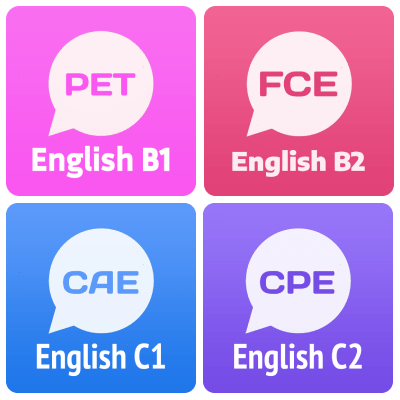Past Perfect Simple
The Past Perfect Simple describes actions completed before another action in the past. It is formed with 'had' + past participle and often used with 'before' and 'after'.
Back
Past Perfect Simple
We don't use the past perfect a lot in English, but it is useful, and it sounds very good if you can use it correctly. Also, it's really easy to make just the past simple of 'have' and the past participle.
The positive - make it with 'had' + the past participle (usually made by adding 'ed' to the infinitive, but a few verbs have irregular past participles):
| Positive | Contracted Positive |
|---|---|
| I had been | I'd been |
| you had gone | you'd gone |
| he had played | he'd played |
| she had met | she'd met |
| it had rained | it'd rained |
| we had bought | we'd bought |
| they had studied | they'd studied |
The short form for 'had' is 'd.
(Be careful not to confuse it with 'would'. Would is followed by the infinitive - 'I'd go', whereas had is followed by the past participle - I'd gone).
| Negative | Contracted Negative |
|---|---|
| I had not been | I hadn't been |
| you had not gone | you hadn't gone |
| he had not played | he hadn't played |
| she had not met | she hadn't met |
| it had not rained | it hadn't rained |
| we had not bought | we hadn't bought |
| they had not studied | they hadn't studied |
Questions are also really, really easy. Just put 'had' in front of the subject:
| Yes/No Questions |
|---|
| had I missed the bus? |
| had you visited London? |
| had he worked as a waiter before? |
| had she met John? |
| had it been cold this week? |
| had we arrived too early? |
| had they studied English grammar before? |
As you can imagine, for 'wh' questions, we just put the question word before 'had':
| Wh Questions | |
|---|---|
| where had I left my umbrella? | |
| what had you done? | |
| why had he gone? | |
| where had she been? | |
| why had it rained? | |
| what had we done? | |
| where had they learned English? |
When Should I Use The Past Perfect Simple Tense?
1. A finished action before a second point in the past.
- When we arrived, the film had started (= first the film started, then we arrived).
2. We usually use the past perfect to make it clear which action happened first. Maybe we are already talking about something in the past and we want to mention something else that is further back in time. This is often used to explain or give a reason for something in the past.
- I'd eaten dinner so I wasn't hungry.
- It had snowed in the night, so the bus didn't arrive.
3. If it's clear which action happened first (if we use the words 'before' or 'after', for example), the past perfect is optional.
- The film started before we arrived / the film had started before we arrived.
4. Something that started in the past and continued up to another action or time in the past. The past perfect tells us 'how long', just like the present perfect, but this time the action continues up to a point in the past rather than the present. Usually we use 'for + time'. We can also use the past perfect continuous here, so we most often use the past perfect simple with stative verbs.
- When he graduated, he had been in London for six years. (= He arrived in London six years before he graduated and lived there until he graduated, or even longer.)
- On the 20th of July, I'd worked here for three months.
5. To talk about unreal or imaginary things in the past. In the same way that we use the past simple to talk about unreal or imaginary things in the present, we use the past perfect (one step back in time) to talk about unreal things in the past. This is common in the third conditional and after 'wish'.
- If I had known you were ill, I would have visited you.
- She would have passed the exam if she had studied harder.
- I wish I hadn't gone to bed so late!
